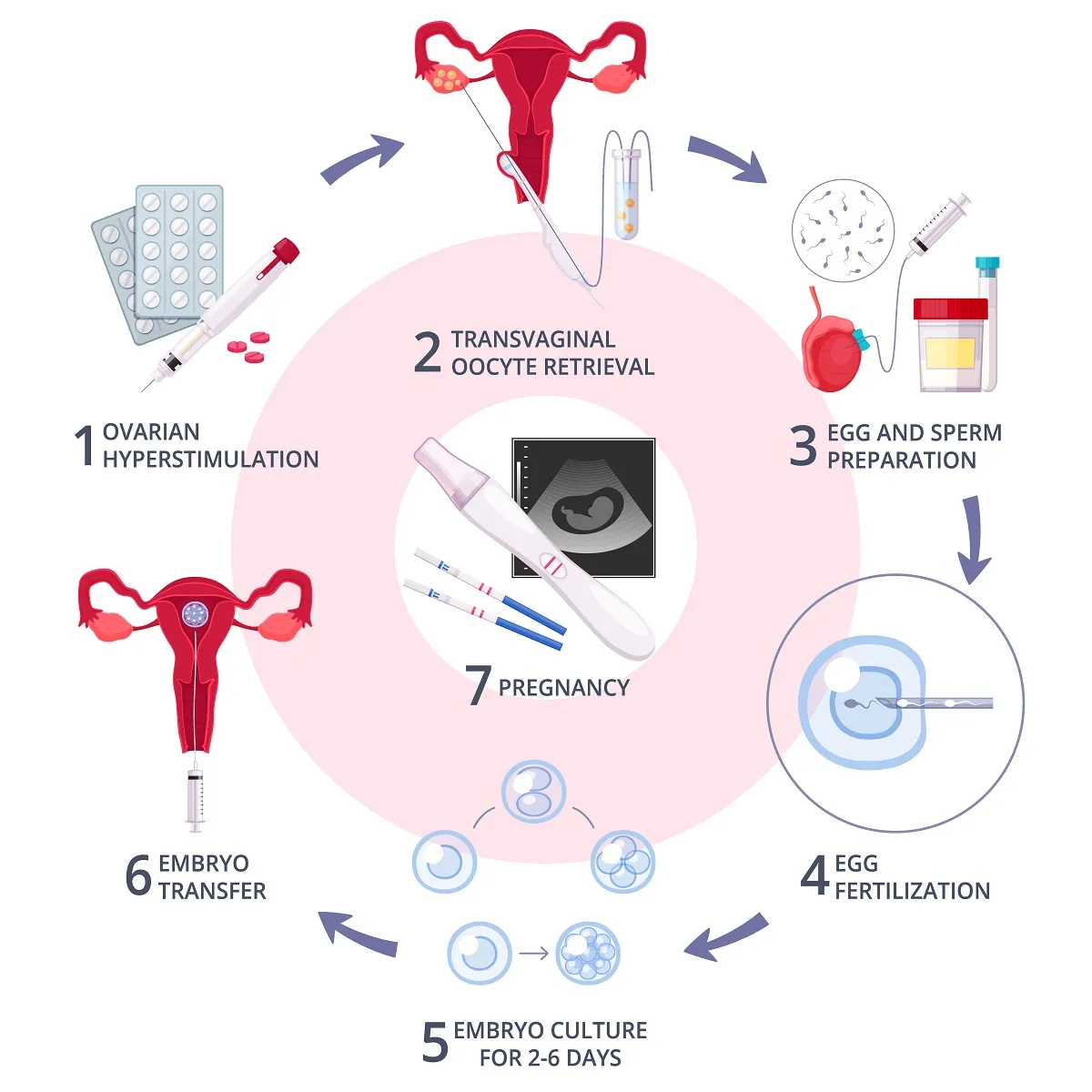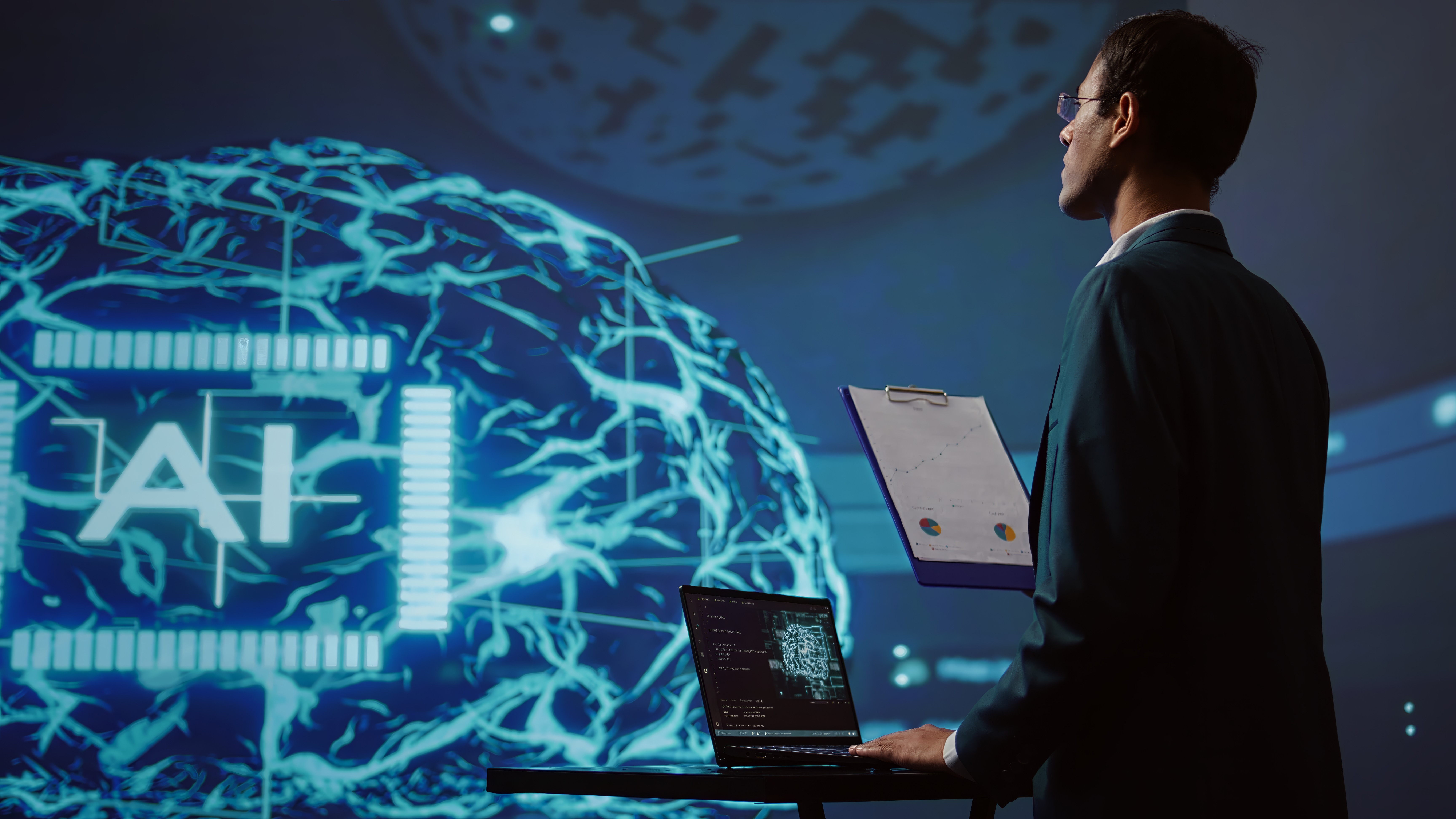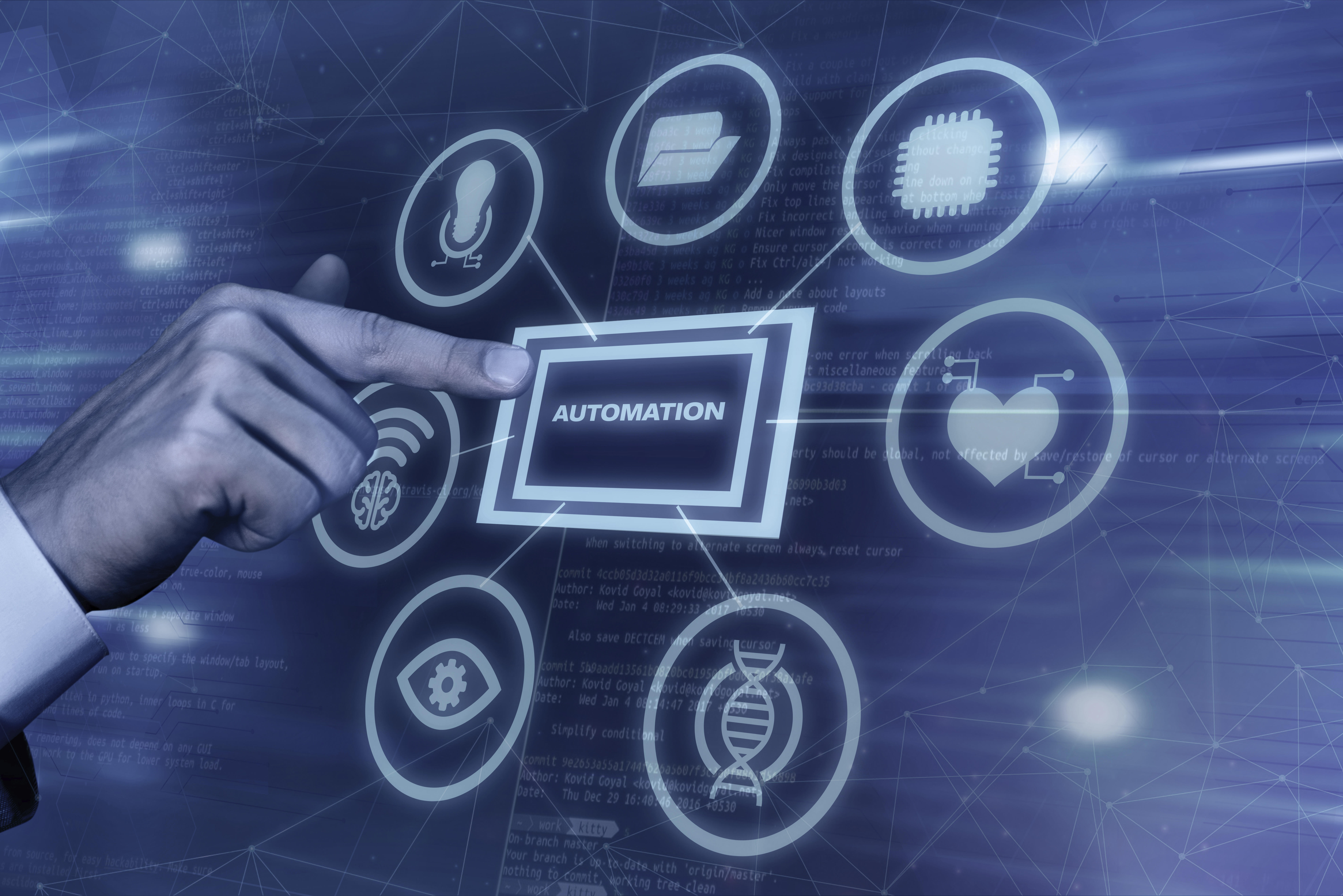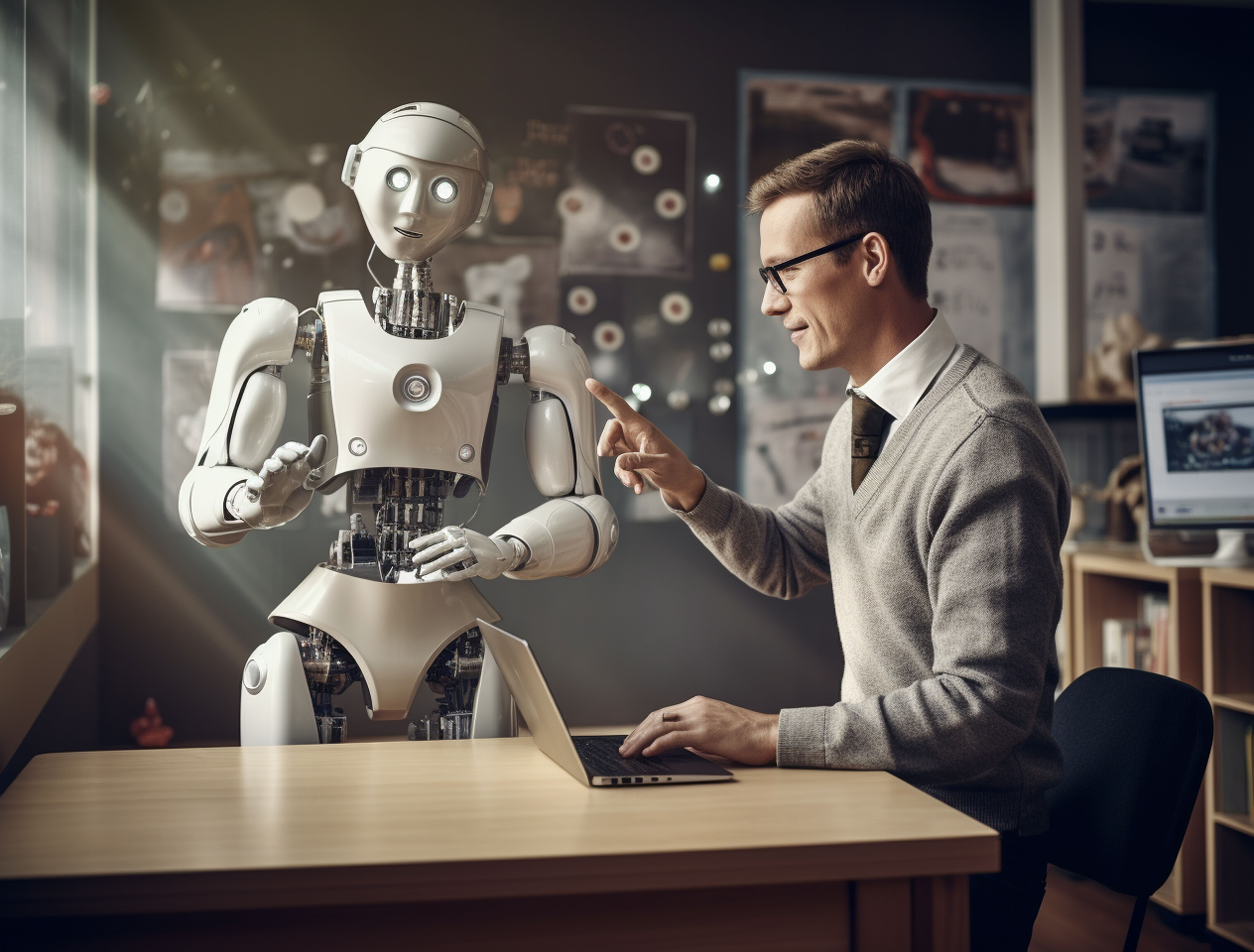How to Start an Artificial Insemination Job: A Step-by-Step Career Guide
What is an Artificial Insemination Job?
Artificial insemination is a medical and veterinary technique used to achieve pregnancy by introducing sperm into the reproductive system without natural mating. In humans, it is often used as a fertility treatment for couples experiencing difficulties in conceiving. In animals—especially in livestock such as cattle, pigs, and horses—artificial insemination helps improve genetic traits, manage breeding cycles, and increase productivity on farms.
An artificial insemination job involves responsibilities such as collecting and handling semen, performing insemination procedures, monitoring animal or human reproductive health, and maintaining accurate records. Professionals working in this field may be veterinarians, reproductive technicians, lab specialists, or fertility nurses. In agriculture, insemination technicians play a critical role in herd genetics and overall farm profitability.
The Role of Artificial Insemination Professionals
Demand for these professionals is steadily rising, especially in sectors such as dairy and meat production, where controlled breeding can lead to better yields and disease-resistant animals. Similarly, in human fertility clinics, trained experts are essential in helping individuals and couples start families through safe and effective assisted reproduction methods.
How Artificial Intelligence is Enhancing the Field?
With the advancement of technology, artificial intelligence is starting to play a supportive role in insemination jobs. AI tools can now help predict ovulation cycles more accurately, analyse sperm quality through imaging, and optimize breeding programs based on data analytics. These smart systems reduce human error and improve success rates in both human and animal reproduction.
What Does an Artificial Insemination Job Involve?
A career in artificial insemination combines science, hands-on care, and a deep understanding of reproductive biology. Whether working with animals or humans, professionals in this role play a vital part in reproductive success, with daily responsibilities that demand precision and compassion.
Daily Responsibilities and Tasks
Those in an artificial insemination job are responsible for preparing and handling semen samples, performing insemination procedures, and closely monitoring reproductive cycles. They must ensure that all equipment is sterilized and that the environment is suitable for successful fertilization. Record-keeping is another essential part of the role, as tracking hormone levels, breeding schedules, and results helps optimize future outcomes.
In animal settings, technicians often manage large numbers of livestock, requiring them to work in barns, farms, or mobile units. In human settings, the role can be more clinical and private, often based in fertility clinics where patient care and discretion are essential.
Types of Employers and Work Environments
Professionals may be employed by a variety of organizations. In the veterinary and agricultural sectors, employers include dairy farms, cattle breeding companies, and veterinary hospitals. In human fertility, employers range from private fertility clinics to public hospitals and reproductive health centres.
Work environments vary significantly depending on the species involved. Animal-focused jobs are often physically demanding and involve outdoor or rural work. In contrast, human-focused roles are typically situated in clinical or laboratory settings, requiring a different set of interpersonal and technical skills.
Human vs. Animal Insemination Jobs
While the fundamental process of insemination is similar, human and animal roles differ in complexity, emotional involvement, and legal regulation. Human insemination roles often require additional medical qualifications and involve sensitive ethical considerations. Animal roles, while still scientific, are usually more routine and production-focused.
How Can you Get the Right Education and Training for an Artificial Insemination Job?
Pursuing a career in artificial insemination begins with a strong educational foundation and practical experience. Whether your interest lies in human or animal reproduction, the right combination of subjects, degrees, and hands-on training is essential for success.
Focus on Science Subjects in School
Students interested in this path should focus on science courses during high school—particularly biology, chemistry, and anatomy. These subjects help build an understanding of reproductive systems, genetics, and lab safety procedures, all of which are key to performing insemination procedures effectively.
Relevant Degrees and Certifications
Many professionals start with a degree in veterinary science, animal science, reproductive biology, or medical laboratory technology. For human fertility roles, a background in nursing, biomedicine, or reproductive health is beneficial. Certifications in artificial insemination techniques—offered by veterinary colleges or medical training centres—can enhance job readiness and credibility.
Gain Practical Experience
Hands-on training is vital. Internships at veterinary clinics, dairy farms, or fertility clinics provide real-world experience in handling equipment, working with patients or animals, and applying theoretical knowledge. These placements help build confidence and skill while expanding professional networks.
Learn Online and Embrace AI Tools
For those seeking flexible learning paths, online platforms such as LAI (Learn Artificial Intelligence) offer courses that cover reproductive technologies and introduce AI tools used in insemination. For example, AI is increasingly used to analyse fertility patterns, assess semen quality, and predict ovulation with high precision. Gaining familiarity with these tools can give candidates a competitive edge in the job market.
What AI Tools are Used in Artificial Insemination Jobs?
Artificial intelligence is transforming many areas of healthcare and agriculture—including the field of artificial insemination. From analysing data to enhancing decision-making, AI plays an increasingly important role in improving reproductive outcomes for both humans and animals.
AI in Reproductive Health
AI helps specialists in reproductive health make more informed and accurate decisions. By processing large volumes of biological data, AI tools can identify patterns that humans might miss. This leads to better timing for insemination, higher success rates, and more efficient use of resources.
Practical Applications of AI
One major application of AI is semen analysis, where smart imaging systems assess sperm motility, concentration, and morphology with greater accuracy than manual methods. In ovulation tracking, AI-powered apps and devices use hormonal, thermal, and behavioural data to predict the most fertile window with precision. For pregnancy monitoring, AI tools can track fatal development and alert clinicians or veterinarians to potential issues early, improving outcomes for mothers and offspring.
These technologies are already being integrated into labs, clinics, and farms to support professionals in their daily tasks. For those in an artificial insemination job, using AI can streamline workflows, reduce error, and increase overall efficiency.
Why Does Learning AI Matters?
As AI becomes more common in this field, understanding how to use these tools is a valuable asset. Learning platforms such as LAI (Learn Artificial Intelligence) offer beginner-friendly courses that introduce these concepts in practical, easy-to-follow formats. Gaining these skills not only enhances your current capabilities but also prepares you for a future where technology and biology work hand-in-hand.
Whether you're just starting out or looking to specialize, learning AI gives you a strong advantage in the evolving world of artificial insemination.
How Can you Get Certified and Licensed for an Artificial Insemination Job?
Entering the field of artificial insemination often involves meeting specific certification or licensing standards, depending on your location and area of specialization. Understanding these requirements is crucial for building a credible and professional career in both human and animal reproductive services.
Regional Licensing Requirements
Licensing regulations vary by country and even by region. In the United States, for example, many states require individuals performing artificial insemination on livestock to be licensed through state agricultural departments. In Canada and Australia, similar licensing systems exist for livestock technicians. In human fertility roles, practitioners may need additional qualifications and must comply with healthcare regulations and reproductive ethics laws. In the UK, professionals working in human fertility must often register with the Human Fertilisation and Embryology Authority (HFEA).
It’s important to check local guidelines through government or professional bodies before pursuing work in the field.
Popular Certifications
Several institutions offer certifications that demonstrate your knowledge and competency. For animal insemination, programs are often provided by agricultural colleges, veterinary schools, and livestock organizations. These programs typically cover anatomy, semen handling, and safe insemination techniques.
In human fertility, certifications may come from reproductive health associations or medical boards. Training may include modules on laboratory safety, clinical procedures, and patient care.
AI technicians in the reproductive field may also pursue additional certifications in data analysis or lab technologies that integrate AI tools into fertility work.
Preparing for Exams
To succeed in licensing or certification exams, candidates should study course materials, review anatomy and reproductive biology, and practice hands-on techniques. Online study tools, mock exams, and mentorship from experienced professionals can help.
How Can you Gain Experience in the Field of Artificial Insemination?
Building hands-on experience is essential for anyone pursuing a career in artificial insemination. Practical experience allows you to apply your theoretical knowledge, develop technical skills, and increase your confidence in performing the various procedures involved in this specialized field.
Entry-Level Jobs and Shadowing Opportunities
Starting with entry-level positions is a great way to gain exposure to the world of artificial insemination. For those entering the animal sector, entry-level jobs may include assisting technicians in the collection, handling, and storage of semen or managing the breeding schedules of livestock. In human fertility, entry-level positions may include roles such as clinic assistants or lab technicians, where you'll gain experience in semen analysis, ovulation tracking, and client interactions.
Shadowing experienced professionals is another excellent way to learn the ropes. Observing skilled technicians or fertility specialists can help you understand best practices, hone your techniques, and provide insight into the challenges and rewards of the role.
Volunteering or Assisting in Veterinary or Fertility Practices
Volunteering at local veterinary clinics, farms, or fertility centres can offer invaluable real-world experience. These opportunities allow you to build your skills in a supportive environment while contributing to the success of the clinic or farm. Volunteering can also help you develop a strong professional network, which is essential for career advancement in the field.
Building Confidence and Skill with Real-World Practice
Nothing beats the hands-on experience gained through real-world practice. Whether working in animal or human fertility settings, you will develop a deeper understanding of the techniques, tools, and procedures involved. As you gain experience, your confidence will grow, and your ability to perform successfully will increase, preparing you for a rewarding career in artificial insemination.
How Can you Apply for an Artificial Insemination Job?
It’s essential to craft a standout resume, search in the right places for opportunities, and prepare thoroughly for interviews. Here’s how you can increase your chances of landing your desired role.
Building a Strong Resume and Cover Letter
Your resume should highlight both your education and any hands-on experience you've gained in artificial insemination, whether through internships, volunteering, or previous roles. Be sure to list relevant skills, such as semen handling, reproductive health knowledge, and familiarity with AI tools. Additionally, emphasize certifications, technical training, and any AI-related courses you’ve taken, especially if you’ve learned about tools used in reproductive health.
In your cover letter, tailor your language to match the specific job description. Showcase your enthusiasm for the field, your commitment to continuous learning, and how your skills align with the needs of the employer. Address how your hands-on experience, whether in veterinary practices or fertility clinics, makes you a strong candidate for the position.
Where to Find Job Opportunities?
Job opportunities for artificial insemination professionals can be found in several key industries. Farms (especially in dairy, beef, and other livestock sectors) often need insemination technicians to manage breeding schedules and improve herd genetics. Fertility clinics are another common employer, where reproductive specialists perform insemination for individuals or couples. Biotech firms involved in reproductive technology or AI-driven fertility solutions may also offer roles related to artificial insemination.
Job boards specific to veterinary, agriculture, or healthcare sectors, as well as professional associations for reproductive health, are great resources for finding openings.
Tips for Standing Out in Interviews
To impress in an interview, focus on demonstrating both technical knowledge and interpersonal skills. Emphasize your hands-on experience, knowledge of reproductive health, and comfort with AI tools. Employers will also look for individuals who are detail-oriented, patient, and compassionate—qualities that are crucial in both human and animal insemination roles. Be prepared to discuss real-world scenarios and how you’d handle various challenges on the job.
How Can you Advance your Career in Artificial Insemination?
There are many ways to specialize within the artificial insemination field, depending on your interests and expertise. For example, if you're drawn to agriculture, you could focus on livestock breeding, managing breeding programs for cattle, pigs, or horses to improve genetics and productivity. In the human fertility sector, you could specialize as a human fertility technician, working closely with individuals and couples in fertility clinics, performing procedures, and assisting with reproductive health treatments.
You may also choose to specialize in emerging technologies, such as working with AI tools in reproductive health, improving the accuracy and efficiency of insemination procedures. This specialization allows you to stay on the cutting edge of the industry.
Continuing Education and AI Upskilling
To advance in your career, ongoing education is essential. You can enrol in advanced certifications or attend workshops on topics like genetics, advanced reproductive technologies, or AI tools for reproductive health. Platforms like LAI (Learn Artificial Intelligence) offer specialized courses for professionals in the reproductive field, enabling you to gain expertise in AI systems used for sperm analysis, ovulation tracking, and pregnancy monitoring.
By staying updated on the latest technologies and trends, you can offer more value to employers and enhance your job prospects.
Career Growth Opportunities
As you gain expertise and experience, your career can move in multiple directions. You could transition into roles such as a consultant, advising farms, clinics, or biotech companies on best practices for artificial insemination and reproductive health. Alternatively, you might pursue a trainer position, educating and mentoring new technicians or veterinarians in the field. Research is another viable career path—becoming a researcher allows you to contribute to innovations in artificial insemination techniques or AI-driven reproductive technologies.
By continuing to expand your knowledge, you can move into leadership roles, driving advancements in the field of artificial insemination.
Conclusion
If you're passionate about reproductive health and technology, starting an artificial insemination job can be an exciting and rewarding career. Whether in human or animal sectors, this profession offers the opportunity to make a meaningful impact on fertility outcomes. Combining hands-on experience with knowledge of AI tools is key to standing out in the field. Understanding the latest advancements in reproductive technology and artificial intelligence will not only help you improve success rates but also future-proof your career. Platforms like LAI (Learn Artificial Intelligence) can support your journey by providing online courses designed to enhance your skills, making you a competitive candidate in this growing industry.








